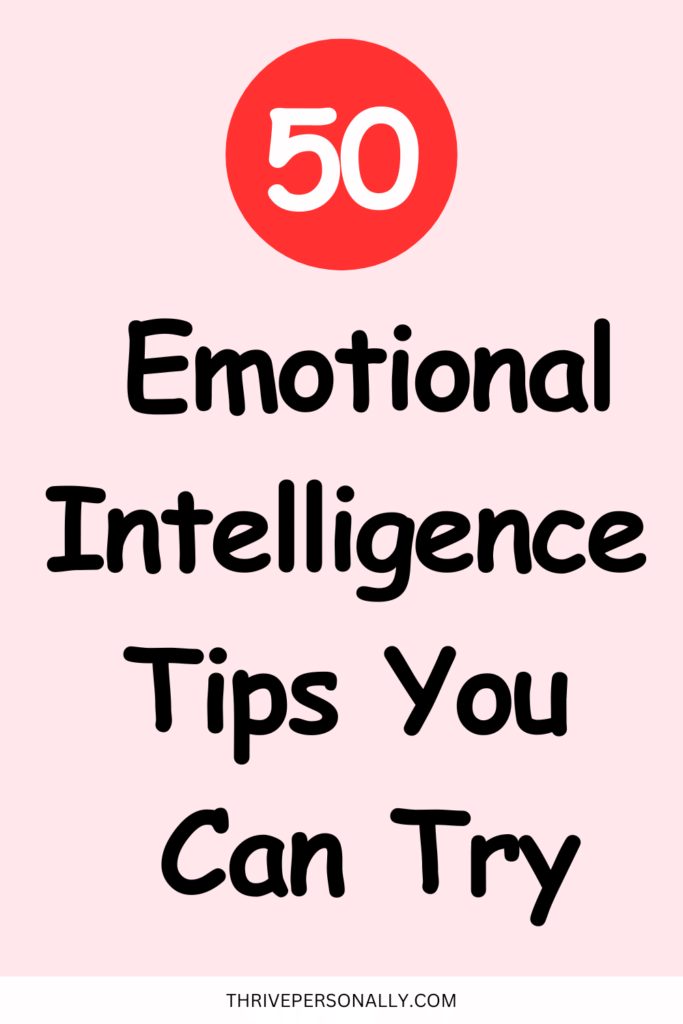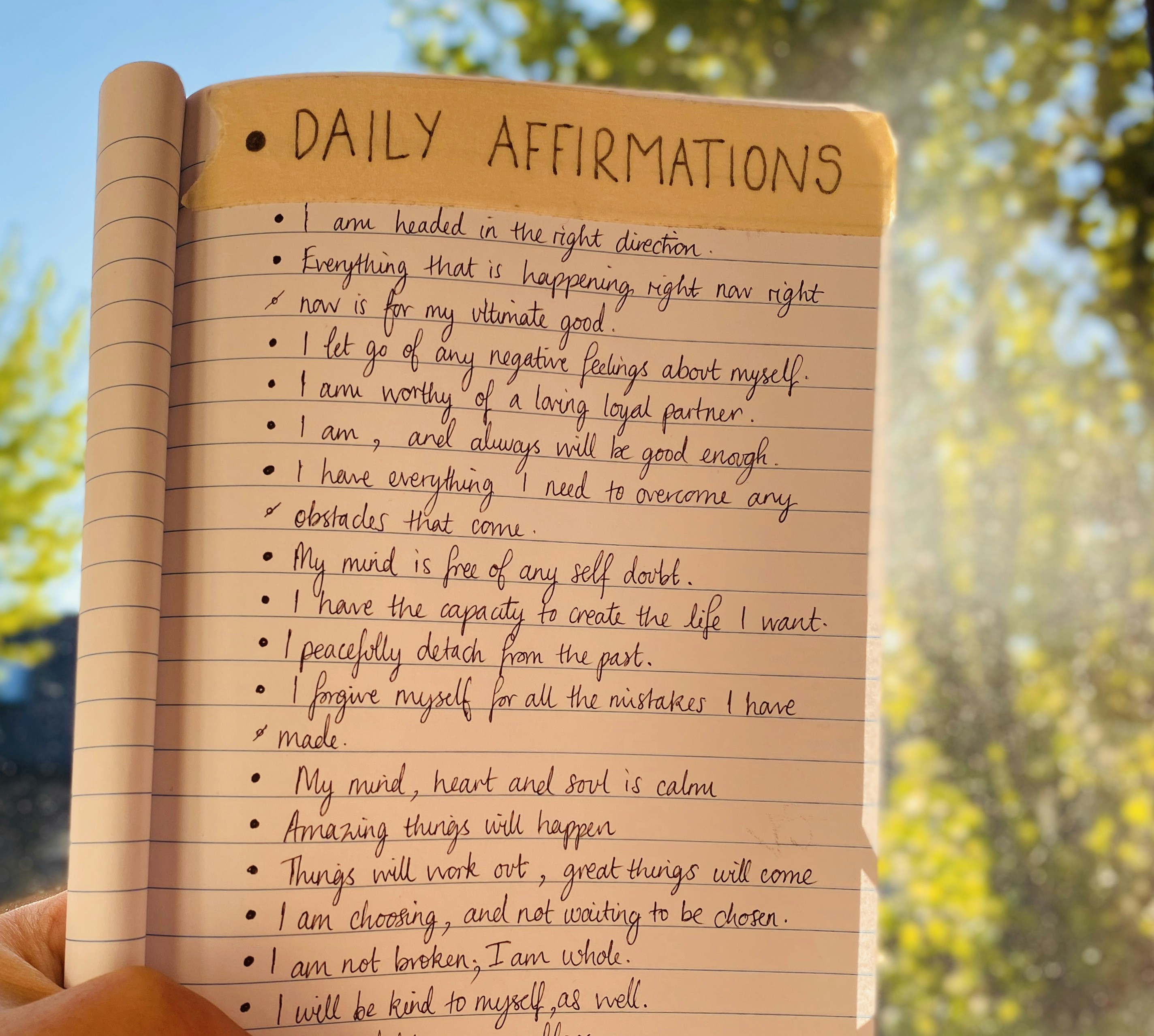Emotional intelligence is your ability to recognize, understand, manage, and respond to your emotions—and the emotions of others. It helps you handle relationships better, make clearer decisions, and deal with stress in a healthy way.
When you have strong emotional intelligence, you don’t just react without thinking. You stay calm when things go wrong. You listen to others instead of just waiting to speak. You know when to walk away from an argument and when to speak up. Emotional intelligence doesn’t mean hiding your feelings. It means knowing what they are and learning how to use them wisely.
In school, at work, in relationships—emotional intelligence matters. It affects the way people see you, how you deal with challenges, and even how happy you feel day to day. The good news is this: you can grow your emotional intelligence. You just need to start practicing, little by little.
What is Emotional Intelligence?
Emotional intelligence, often called EQ (short for emotional quotient), is different from the kind of intelligence measured by IQ tests. While IQ is about how well you think, solve problems, or learn new things, EQ is about how well you handle feelings—yours and other people’s.
Daniel Goleman, a well-known psychologist, helped make emotional intelligence popular. He explained that EQ has five main parts:
-
Self-awareness – knowing what you’re feeling and why
-
Self-regulation – managing your emotions so they don’t take over
-
Motivation – staying driven even when things are hard
-
Empathy – understanding how others feel
-
Social skills – building strong, healthy relationships
According to research, people with higher EQ tend to do better in school, work, and relationships (Goleman, 1995). Emotional intelligence is something you can learn at any age, and it’s one of the most valuable skills you can build.
Read also: 8 Signs You Are an Emotional Person
50 Emotional Intelligence Tips You Can Try
-
Pause before you speak when emotions are high.
-
Name what you’re feeling.
-
Ask yourself, “Why am I feeling this way?”
-
Take deep breaths when you’re upset.
-
Pay attention to your tone of voice.
-
Listen to understand, not just to reply.
-
Notice how your body reacts to stress.
-
Set time aside to reflect on your emotions.
-
Write down your feelings in a journal.
-
Learn to sit with uncomfortable emotions instead of avoiding them.
-
When you’re angry, wait before making decisions.
-
Be honest about how you feel with people you trust.
-
Practice saying “I feel…” instead of blaming others.
-
Give yourself permission to feel without judgment.
-
Watch your thoughts when you’re in a bad mood.
-
Learn to recognize your emotional triggers.
-
Take responsibility for how you react.
-
Talk to yourself kindly, like you would to a friend.
-
Accept that emotions change from day to day.
-
Learn to forgive others to lighten your emotional load.
-
Notice how other people express their feelings.
-
Try to understand someone else’s point of view, even if you disagree.
-
Ask people how they’re feeling and listen carefully.
-
Practice patience in everyday situations.
-
Watch people’s body language—it often says more than words.
-
Be open to feedback about your behavior.
-
Admit when you’re wrong without blaming someone else.
-
Be aware of how your emotions affect others.
-
Avoid responding to texts or emails when you’re emotional.
-
Focus on the present instead of bringing up old problems.
-
Learn to say “no” kindly when you need to.
-
Build habits that help you stay calm, like walking or meditation.
-
Pay attention to the emotions behind someone’s words.
-
Ask yourself how you want to feel before reacting.
-
Practice staying silent when someone else is speaking.
-
Give compliments when you notice something good in others.
-
Avoid gossip—it lowers emotional trust.
-
Try to help someone without expecting anything in return.
-
Remember that emotions are not always facts.
-
Speak clearly, but with care.
-
Notice how different environments affect your mood.
-
Respect others’ feelings, even if you don’t understand them.
-
Stay curious about what other people are feeling.
-
Learn the difference between reacting and responding.
-
Understand that people show emotions in different ways.
-
Ask for help when your feelings are too heavy to carry alone.
-
Let go of needing to always be right.
-
Focus on solutions, not just problems.
-
Be aware of how much space your emotions take in conversations.
-
Make emotional learning part of your personal growth.
Read also: 15 Tips on How to Journal for Healing
How to Start Practicing EQ Every Day
Like anything else, emotional intelligence takes practice. You don’t have to try all 50 tips at once. Just start with one or two that feel right. Repeat them daily until they become second nature. The more you use them, the easier it gets to manage your emotions and connect better with others.
You can even create a simple daily routine that helps you grow emotionally. For example, every morning you can write down one emotion you’re feeling and what might be causing it. Before bed, you can think of one situation where you stayed calm instead of reacting. Over time, these small habits lead to big changes.
Final Thoughts
Life becomes easier when you understand your feelings. You begin to see people differently. You become more patient, more understanding, and more confident. Emotional intelligence doesn’t mean you never get upset—it means you know how to deal with it when it happens.
By using the tips in this post, you’re not only learning how to manage your own emotions, but also how to build deeper, healthier relationships with others. You’re becoming a better friend, partner, parent, student, or leader—not by being perfect, but by being present and emotionally aware.
If you’re ready to grow, start with just one tip from this list. Stick with it. See how it changes the way you think and feel. Emotional intelligence isn’t something you’re born with—it’s something you build, one step at a time.
Save the pin for later



